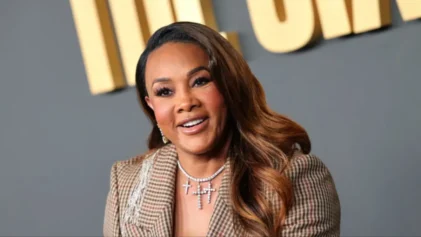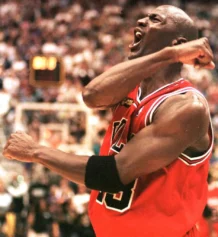David Stern, who blossomed into the most powerful and influential commissioner in professional sports, announced he is retiring from the NBA, effective February 1, 2014, after what would be 30 years at the helm.
A lawyer who took over for Lawrence J. O’Brien in 1984, Stern’s imprint on the league can be found across the league’s operations, most notably on strong revenue growth, the expansion from 23 to 30 teams, the movement into small markets such as Sacramento, Memphis and Oklahoma City, the spreading global reach spurred on by the league’s backing of letting its players take part in the Olympics and the establishment of the WNBA.
In the process, as the league grew, he grew in stature and at times became at odds with the players over labor negotiations and rules that players contended were outside the boundary of the commissioner, like establishing a dress code.
Still, no one can dispute that Stern’s vision and commitment helped elevate the league into a strong place. He oversaw the implementation of drug testing that helped root out a major league issue in the 1980s. He emphasized charity work — reading initiatives for youths, international exposure of the game and building of basketball courts and a plethora of local deeds in all NBA cities.
“It’s been a great run. The league is in, I think, terrific condition,” Stern said. “I’d like to think I did an adequate job. But one of the things I did best was provide a successor. I’m not going anyplace in the next 15 months, but this gives us the opportunity to have a very smooth transition.”
The owners said they will begin negotiating with deputy commissioner Adam Silver to take over for Stern — a decision they came to unanimously — when that 15 months comes to an end. The plan is for Silver’s appointment to be ratified at next April’s Board of Governors meeting.
Stern scaled back in recent years as he groomed Silver, 50, to replace him for at least the past six years. Stern allowed Silver to take a lead role in negotiating the challenging collective bargaining agreement with the player’s union that was settled 11 months ago after a lockout wiped out 16 games of the 2011-12 season.
At the time the agreement was finalized, Stern said the deal that guaranteed at least six years of labor peace would outlast him as the league’s boss. Silver, who has worked for the league in various capacities for more than 20 years, has long been considered the favorite to take over the job. Stern said he decided six months ago to formalize the transition process.
Minnesota Timberwolves owner Glen Taylor, who gave up his seat as chairman of the board to the San Antonio Spurs’ Peter Holt on Thursday, came to the announcement armed with two pieces of data to illustrate Stern’s impact on the league. During Stern’s tenure the league’s annual revenue from its television contract increased 40 times and the average player salary jumped from $250,000 a year in 1984 to more than $5 million.
“David has set the standard for not just the NBA but for all sports,” Taylor said. “He’s done things not only to benefit the owners but also the players.”
“The opportunities for this league are limitless,” Silver said. “I’m honored, thrilled and will do my absolute best to grow this league or try to do it the way David has done over the last 20 years. To the NBA family, I look forward to serving you.”


